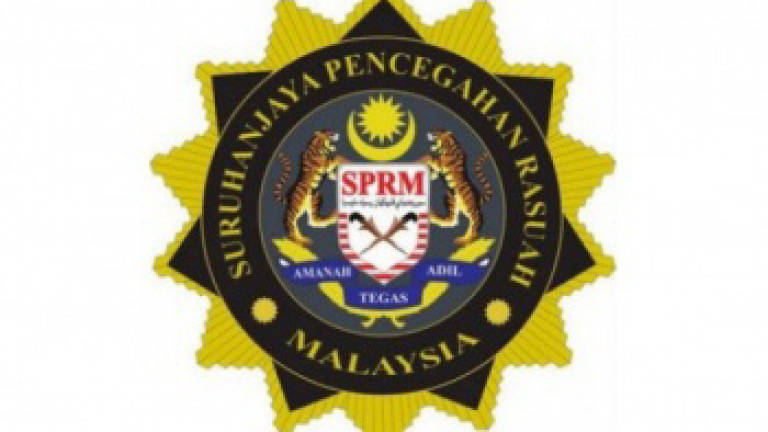MACC Amendment Bill introduces corporate liability for corruption offences

PETALING JAYA: The MACC Amendment Bill 2018 has been presented in Parliament on March 26. If the Bill is passed, these provisions will come into force once the amendment Act is gazetted.
The main thrust of this Bill is to introduce a new far-reaching corporate liability provision into the MACC Act. There are key changes and steps that companies, and its directors and officers have to be aware of.
As listed in the Bill's Explanatory Statement, the Bill will introduce a new section 17A into the MACC Act. This section will set out that a commercial organisation commits an offence if any person associated with the commercial organisation commits a corrupt act in order to obtain or retain business or advantage for the commercial organisation.
Here are the six key issues you need to be aware of:
#1: The New Corporate Offence
A commercial organisation will now commit an offence if a person associated with the commercial organisation does the following:
(i) That person corruptly gives, agrees to give, promises or offers to any person any gratification; and
(ii) That person has the intention to obtain or retain business or an advantages for the commercial organisation.
So the corrupt act of such an associated person will now be attributed to the commercial organisation.
#2: Types of Commercial Organisations: The Net is Cast Wide
There is a wide list of entities that fall within the term commercial organisation.
Firstly, any Malaysian company is included, whether carrying on a business in Malaysia or elsewhere. Secondly, the liability also extends to foreign companies carrying on a business or part of a business in Malaysia. By including the term "part of a business in Malaysia", I presume that this is meant to be wider than just the foreign companies who register themselves under the Companies Act. Thirdly, the section applies to a Malaysian partnership or Malaysian Limited Liability Partnership, whether they carry on business in Malaysia or elsewhere.
#3: Person Associated with Commercial Organisations: Directors, Employees, Contractors and Beyond
Next, the categories of the associated person (who carried out the corrupt act) are also wide. The list of individuals falling within the term 'person associated with a commercial organization':
(i) Director;
(ii) Partner;
(iii) Employee; and
(iv) A person who performs services for or on behalf of the commercial organisation.
This last category will be intentionally kept wide and subject to interpretation. The Bill makes clear that the question whether a person who performs services for or on behalf will be determined based on all relevant circumstances.
#4: Deemed Offence by Directors and Management
Significantly, once the offence is committed by the commercial organisation, the law will deem that certain persons have also committed that offence.
These persons are:
(i) The director, controller, officer (and this would include an employee) or partner; or
(ii) A person who is concerned in the management of its affairs.
The onus now shifts on the individual who is deemed to have committed the offence to prove two elements to defend himself:
(i) The offence was committed without his consent; and
(ii) He exercised due diligence to prevent the commission of the offence, taking into account the nature of his function in that capacity and to the circumstances.
It will therefore be critical for directors and management to have systems in place to demonstrate due diligence in preventing such corrupt offences.
#5: The Crucial Defence for Commercial Organisations: "Adequate Procedures"
Where a commercial organisation is charged with this new corporate offence, it is an absolute defence to show that the organisation had adequate procedures in place to prevent such associated persons from carrying out the corrupt conduct.
This is quite similar to the UK Bribery Act provisions which also allows this defence of adequate procedures. It will be critical for Malaysian companies and foreign companies doing business in Malaysia to have in place such a system of adequate procedures. This is to safeguard both the company itself as well as the company's directors and officers.
#6: The Penalties for this Corporate Offence
The penalties for this corporate offence are high. Upon conviction, it exposes the commercial organisation, and the directors, officers and management to:
(i) A maximum fine of 10 times the sum of gratification involved, or RM1 million, whichever is higher;
(ii) A maximum jail term of 20 years; or
(iii) Both penalties of the fine and jail term.
This article first appeared here:
https://themalaysianlawyer.com/2018/03/27/corporate-liability-for-corruption-offences/